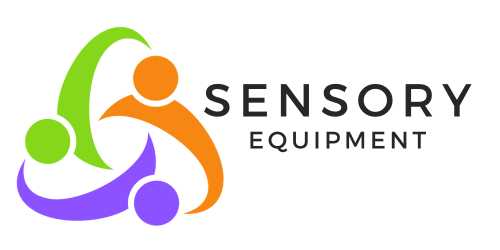Navigating the world with sensory sensitivities can present unique challenges for individuals with Autism Spectrum Disorder (ASD) and Attention Deficit Hyperactivity Disorder (ADHD). Beyond their entertainment value, puzzles offer a multitude of sensory benefits that can positively impact individuals with ASD, autism, and ADHD.
Enhanced Focus and Attention:
For individuals with ADHD, maintaining focus and attention can be a daily struggle. Puzzles provide a structured activity that captivates attention and encourages sustained focus. Assembling a puzzle requires concentration, problem-solving skills, and attention to detail, all of which can help train the brain to maintain focus over time.
Sensory Stimulation:
The tactile experience of handling puzzle pieces can be particularly beneficial for individuals with sensory sensitivities commonly associated with ASD. The act of touching and manipulating puzzle pieces provides sensory feedback that can promote relaxation and reduce anxiety. Additionally, the variety of textures, shapes, and colours found in puzzles can engage different sensory pathways, providing a rich sensory experience.
Cognitive Development:
Engaging in puzzle-solving promotes cognitive development across various domains. For individuals with ASD, puzzles can help improve spatial awareness, visual processing skills, and pattern recognition. These cognitive benefits extend beyond the immediate puzzle-solving activity, contributing to overall cognitive growth and skill acquisition.
Calming Effect:
The repetitive nature of puzzle-solving can have a calming effect on individuals with ASD and autism. Assembling a puzzle provides a structured, predictable activity that can help regulate emotions and reduce stress levels. The sense of accomplishment that comes with completing a puzzle can also boost self-esteem and confidence.
Social Interaction:
While puzzles are often enjoyed as solitary activities, they can also facilitate social interaction for individuals with ASD and autism. Collaborative puzzle-solving can serve as a platform for communication, teamwork, and social bonding. Working on a puzzle with others provides opportunities for turn-taking, sharing, and problem-solving together, fostering social skills in a supportive environment.
Conclusion:
Puzzles offer far more than just entertainment—they serve as powerful tools for sensory stimulation, cognitive development, and emotional regulation for individuals with ASD, autism, and ADHD. By harnessing the sensory benefits of puzzles, caregivers, educators, and therapists can provide valuable support and enrichment for individuals navigating sensory sensitivities and cognitive challenges. As we continue to explore the therapeutic potential of puzzles, we unlock new pathways for empowerment and inclusion for neurodiverse communities.









